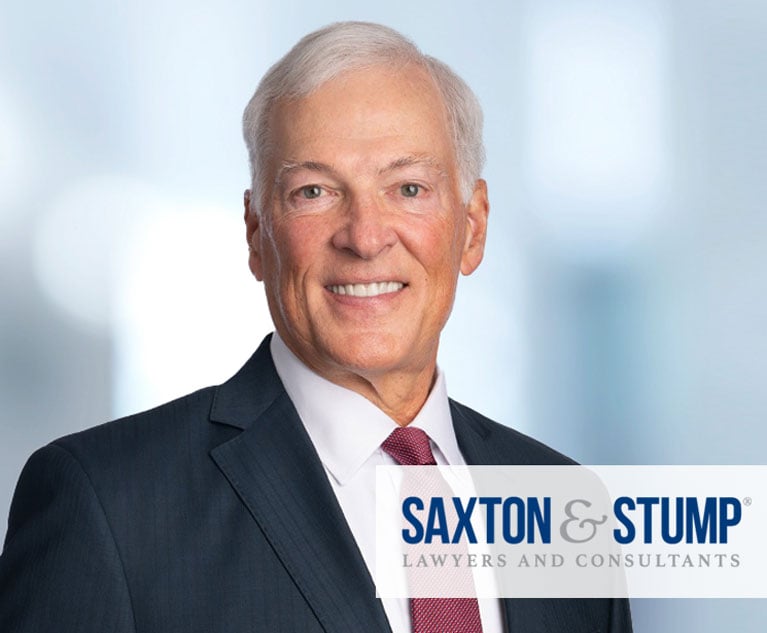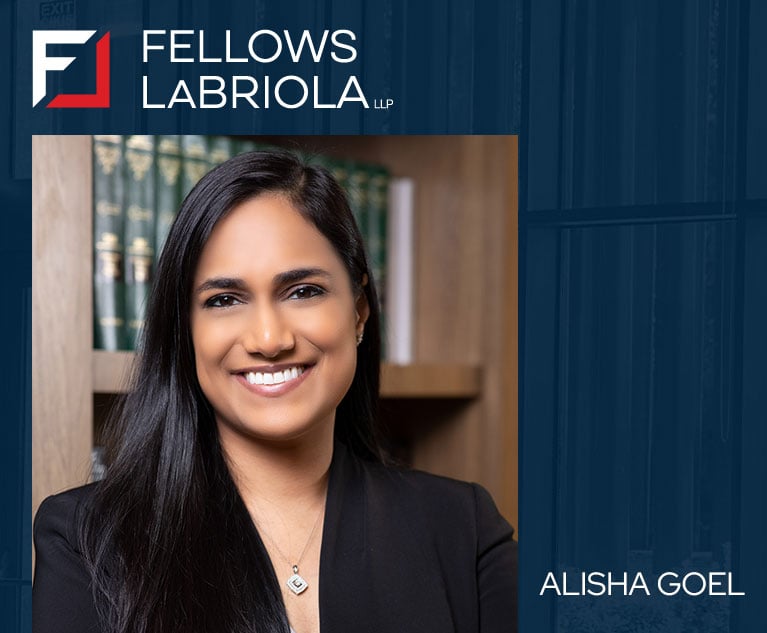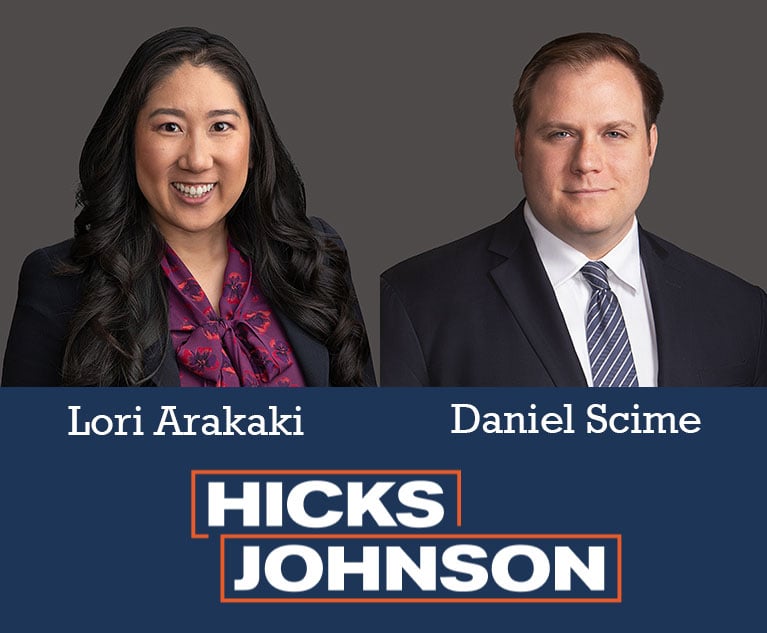26. Madness or Masterful: The O.J. Simpson Defense Strategy Revisited
29 years on from the trial and following the April 2024 passing of O.J. Simpson, we revisit defense attorney Johnnie Cochrane's now infamous quote, and we ask the question: Was this ploy madness or masterful?
April 19, 2024 at 11:26 AM
4 minute read
The original version of this story was published on Lean Adviser
This week we take a pause before wrapping up the mid-market series to remember one of the most-watched and talked about trials in recent history. With the passing of O.J. Simpson, we go back to 1995 and "the most dramatic courtroom verdict in the history of Western civilization," as The Washington Post called it. An unprecedented 150 million people watched the verdict live on Oct. 3, 1995, according to CNN. So many people were enthralled with the trial that one company estimated the national loss of productivity at $40 billion. *
Over here at Lean Adviser, we remember the trial not just for its impact at the time but when examined through the lean law lens, the strategy by defense attorney Johnny Cochrane serves as a great example of using lean law methods in a real-life courtroom situation.
"If the glove doesn't fit, you must acquit."
Was there ever a more memorable instruction given to a jury? On the face of it, this looks like a risky piece of grandstanding. If it was, then you can see the temptation. A global TV audience for the "trial of the century," all set in the "La La Land."
In this lesson, 29 years on from the trial and following the April 2024 passing of O.J. Simpson, we revisit defense attorney Johnnie Cochrane's now infamous quote, and we ask the question: Was this ploy madness or masterful?
To resolve this, we analyze this quote through a lean law prism. It turns out that "If the glove doesn't fit, you must acquit" was actually quite brilliant. Allow us to explain why.
It worked in securing an acquittal, which many observers thought unlikely. So there must have been some smarts behind it. But why did it work and what can we take away from it? Let's break this down into a lean tip sheet for trial lawyers everywhere.
- Ask the right question: For a law exam the right question to a jury would have been "Are you satisfied beyond all reason doubt that the defendant was guilty?" But for a real-life trial lawyer the right question was "does the glove fit?"
- Give answers dressed as questions: In theory, you should give the jury questions to resolve, with suggested right answers. But 'you must acquit' is not a question or even a suggestion. It's an instruction. It's clear, assertive and simple.
- Be selective: In a bench trial you get much less leeway to guide the areas of focus. But with a jury trial it's different. If you tell them the only place you need to look to solve the puzzle is here, and if they believe you, then it is.
- Use strategic storytelling: We often talk in Lean Adviser about the power of storytelling, because that's what people engage with and remember. But what story? This glove story was about something helpful to Cochrane. The fact that it didn't actually prove anything is strategically irrelevant. The point is, it diverted attention away from many other more awkward stories, like how the knife got there, Simpson fleeing the scene and the rest.
- Empower: Always let the tribunal take the last step and feel like they're figuring it out themselves.
- Follow the principles of lean: One of the tenets of lean law is to identify just what matters and focus on that. Communicate it within the team and to the client. Then find a way to express it concisely but clearly.
* See, Schuetz, Janice E.; Lilley, Lin S., eds. (1999). The O.J. Simpson Trials: Rhetoric, Media, and the Law. Carbondale, Illinois: Southern Illinois University Press)
NOT FOR REPRINT
© 2025 ALM Global, LLC, All Rights Reserved. Request academic re-use from www.copyright.com. All other uses, submit a request to [email protected]. For more information visit Asset & Logo Licensing.
You Might Like
View All
Former Federal Judge Christopher Conner Joins Saxton & Stump as Attorney and Shareholder
2 minute read
Gibbons Reps Asylum Seekers in $6M Suit Over 2018 ‘Inhumane’ Immigration Policy
3 minute read
Fellows LaBriola LLP is Pleased to Announce that Alisha Goel Has Become Associated with The Firm
1 minute read
Hicks Johnson Promotes Lori Arakaki and Daniel Scime to Firm Partnership
2 minute readTrending Stories
- 1New York-Based Skadden Team Joins White & Case Group in Mexico City for Citigroup Demerger
- 2No Two Wildfires Alike: Lawyers Take Different Legal Strategies in California
- 3Poop-Themed Dog Toy OK as Parody, but Still Tarnished Jack Daniel’s Brand, Court Says
- 4Meet the New President of NY's Association of Trial Court Jurists
- 5Lawyers' Phones Are Ringing: What Should Employers Do If ICE Raids Their Business?
Who Got The Work
J. Brugh Lower of Gibbons has entered an appearance for industrial equipment supplier Devco Corporation in a pending trademark infringement lawsuit. The suit, accusing the defendant of selling knock-off Graco products, was filed Dec. 18 in New Jersey District Court by Rivkin Radler on behalf of Graco Inc. and Graco Minnesota. The case, assigned to U.S. District Judge Zahid N. Quraishi, is 3:24-cv-11294, Graco Inc. et al v. Devco Corporation.
Who Got The Work
Rebecca Maller-Stein and Kent A. Yalowitz of Arnold & Porter Kaye Scholer have entered their appearances for Hanaco Venture Capital and its executives, Lior Prosor and David Frankel, in a pending securities lawsuit. The action, filed on Dec. 24 in New York Southern District Court by Zell, Aron & Co. on behalf of Goldeneye Advisors, accuses the defendants of negligently and fraudulently managing the plaintiff's $1 million investment. The case, assigned to U.S. District Judge Vernon S. Broderick, is 1:24-cv-09918, Goldeneye Advisors, LLC v. Hanaco Venture Capital, Ltd. et al.
Who Got The Work
Attorneys from A&O Shearman has stepped in as defense counsel for Toronto-Dominion Bank and other defendants in a pending securities class action. The suit, filed Dec. 11 in New York Southern District Court by Bleichmar Fonti & Auld, accuses the defendants of concealing the bank's 'pervasive' deficiencies in regards to its compliance with the Bank Secrecy Act and the quality of its anti-money laundering controls. The case, assigned to U.S. District Judge Arun Subramanian, is 1:24-cv-09445, Gonzalez v. The Toronto-Dominion Bank et al.
Who Got The Work
Crown Castle International, a Pennsylvania company providing shared communications infrastructure, has turned to Luke D. Wolf of Gordon Rees Scully Mansukhani to fend off a pending breach-of-contract lawsuit. The court action, filed Nov. 25 in Michigan Eastern District Court by Hooper Hathaway PC on behalf of The Town Residences LLC, accuses Crown Castle of failing to transfer approximately $30,000 in utility payments from T-Mobile in breach of a roof-top lease and assignment agreement. The case, assigned to U.S. District Judge Susan K. Declercq, is 2:24-cv-13131, The Town Residences LLC v. T-Mobile US, Inc. et al.
Who Got The Work
Wilfred P. Coronato and Daniel M. Schwartz of McCarter & English have stepped in as defense counsel to Electrolux Home Products Inc. in a pending product liability lawsuit. The court action, filed Nov. 26 in New York Eastern District Court by Poulos Lopiccolo PC and Nagel Rice LLP on behalf of David Stern, alleges that the defendant's refrigerators’ drawers and shelving repeatedly break and fall apart within months after purchase. The case, assigned to U.S. District Judge Joan M. Azrack, is 2:24-cv-08204, Stern v. Electrolux Home Products, Inc.
Featured Firms
Law Offices of Gary Martin Hays & Associates, P.C.
(470) 294-1674
Law Offices of Mark E. Salomone
(857) 444-6468
Smith & Hassler
(713) 739-1250








